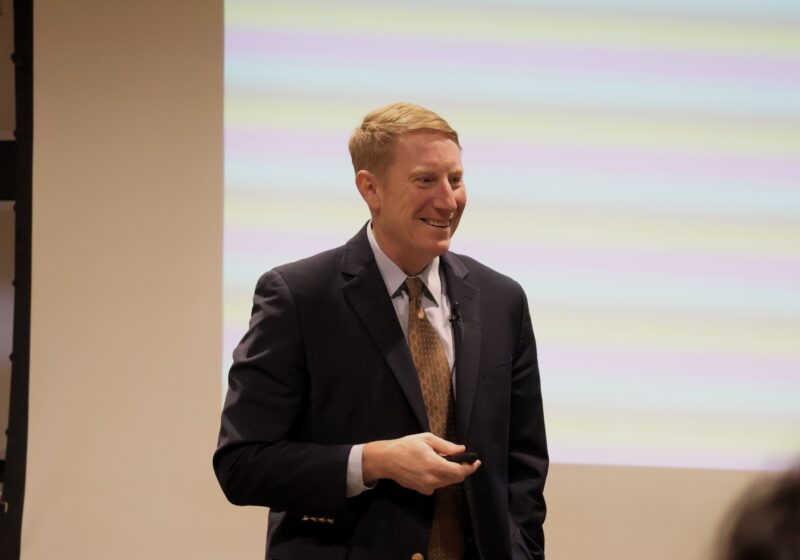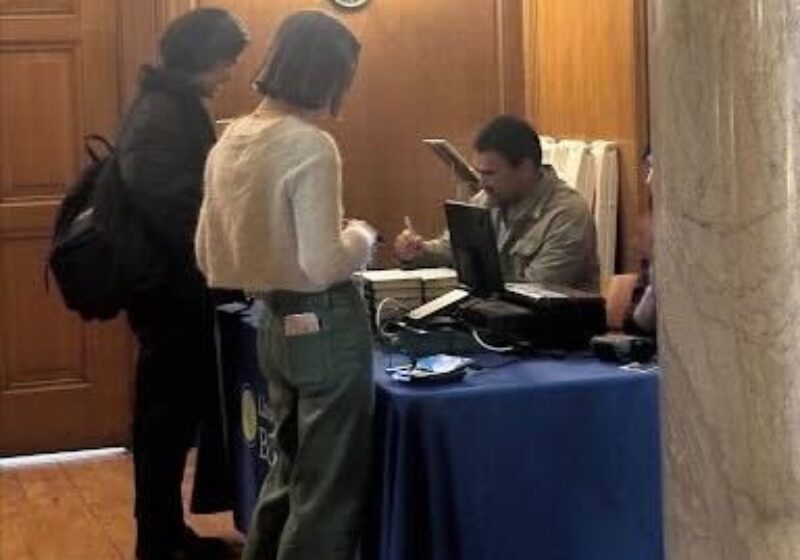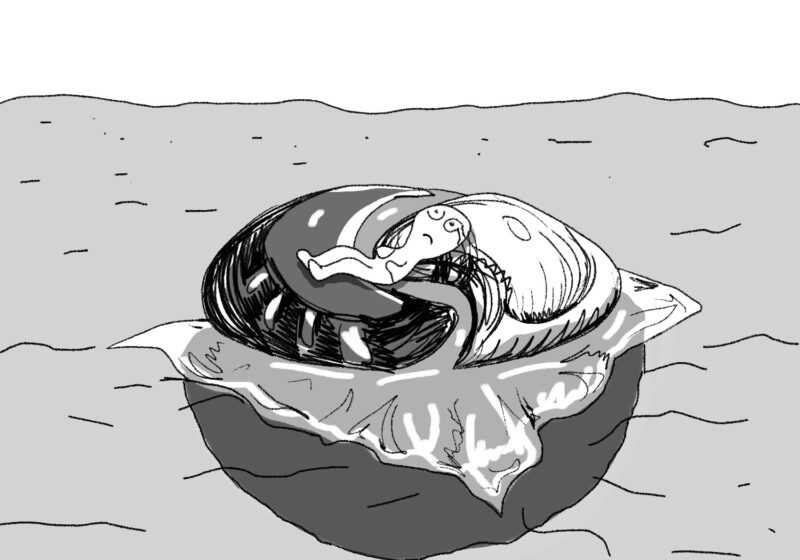Two weeks ago, scandal engulfed several colleges when the U.S. Attorney for the District of Massachusetts announced charges against 50 people. The allegations stem from schemes in which an admissions counselor helped prospective students buy their way into college, specifically by bribing SAT proctors to inflate test scores or by bribing coaches to recruit students as athletes, even when they had never played that sport.
In some cases, the real faces of students were photoshopped onto a picture of an athlete, creating the fraudulent appearance that the student was a skilled athlete in their own right. Others never played a particular sport, but were admitted on the basis that they were a worthy athlete after bribing coaches.
Clearly, there needs to be more oversight of the recruitment process. Coaches taking bribes is quite bad, but it’s also difficult to detect. It should be far easier to notice when those enrolled as student-athletes do not actually intend to ever play the sport.
It is important to remember that the colleges involved in the scandal, including Yale, California, Wake Forest, UCLA, and Stanford, are all Division I institutions. Schools in Division I have the ability to grant several full scholarships to student-athletes for their athletic abilities. For many of the schools playing at such a high level, the entire athletic department is funded by ticket sales.
Because successful Division I teams, especially in popular televised sports like football and basketball, draw lots of attention to universities, athletic success also theoretically increases the prestige of a school, and in turn brings in more donations. For all of these reasons, Division I coaches essentially act as admissions counselors by recruiting athletes to fill spots on their team’s roster, with little oversight from admissions departments.
Even though the UR is a Division III school, don’t think that we are immune to shady tricks aimed at gaining admission into the school. In 2017, a student’s admission was revoked during orientation after the revelation that she lied about being homeschooled. Though this was not a case of criminal fraud or wealthy parents bribing their children into the school, it shows how difficult it can be to detect deception.
Obviously, the college admissions scandal is not limited to sports. But as the March Madness tournaments begin, it is difficult to forget past college sports scandals in comparison to this one. Some high-profile professional athletes had other students take standardized tests on their behalf in order to meet minimum requirements to get into school. In other scandals, colleges enrolled student-athletes in fake classes so that they could spend their time practicing.
There is a big difference between those scandals and the new bribery and fraud scandal. In the new scandal, the fraud was used to get fully unqualified people into college while not playing the sport. The past scandals that have embroiled schools from North Carolina to Memphis were aimed at accepting people who were less qualified academically but extremely athletically skilled.
But if top schools are recruiting athletes who wouldn’t be able to get into school or who would fall behind in schoolwork, shouldn’t we reconsider the ties between academics and athletics?
The two solutions that make some sense are on opposite sides of a college sports spectrum. On the one hand, paying college athletes would allow them to be appropriately compensated for the prestige they bring for new colleges, and paying student-athletes would force schools to weigh athletic skill against academic potential. On the other hand, some argue that schools place far too much of an emphasis on athletics, and that they should no longer offer such extensive scholarships for a wide variety of sports.
It is unclear what will actually change for Division I student athletes as a result of this scandal. But the time has come for schools to reconsider how they recruit athletes.



